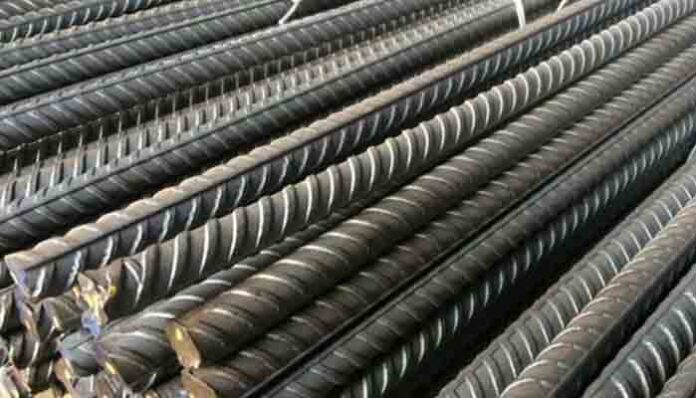In order to save the domestic market, the National Tariff Commission (NTC) Pakistan has imposed definitive anti-dumping duties on various imported steel products. The tarif has been levied mainly on imports from Chinese Taipei (Taiwan), European Union, South Korea and Vietnam.
As per a notification issued by the commission, it has imposed an anti-dumping duty ranging from 6.18 per cent to 17.25 per cent on imports of iron, non-alloy steel rolled coils and sheets. The tariff will become effective from August 23, 2021 and remain in place for the next five years.
Definitive duty of 6.18 per cent has been levied upon imports from Chinese Taipei, 6.50% on imports from the European Union, 13.24 per cent on imports from South Korea, and 17.25% on imports from Vietnam.
However, the commission also maintained that anti-dumping duties will not be imposed on imports of steel products that are used as inputs in products manufactured for export.
Dumping is the process of selling products to other countries at a lower price than what it is sold domestically for. In this way, countries manage to get rid of excess inventory by exporting it at lower prices. In the case of Pakistan, the aforementioned countries, like Chinese Taipai, the EU, and others export their steel products at lower prices which results in less share of the market for local steel product manufacturers. It was in order to allow the local market a higher share, that the NTC decided to impose an anti-dumping duty on imported steel products.
The imposition of duties comes after Aisha Steel Mills Limited (ASL) and International Steel Limited (ISL) filed an application of investigation into dumping practices of flat-rolled products of iron and non-alloy steel, and cold-rolled steel products by foreign steel exporters. In July 2015, NTC initiated the investigation against dumping of cold-roll coils and sheets from China and Ukraine. Clad, plated, or coated products of prime and secondary quality as well as cold rolled coils/sheets exported from the European Union, Republic of Korea, Chinese Taipei and Vietnam were excluded.
The investigation determined a causal link between dumped imports and material injury to the domestic industry. The dumping of steel products has harmed the domestic industry that manufactures cold rolled coils/sheets, which has resulted in a decline in market share. Dumped imports have also impacted the local industry’s capacity utilization, profitability, and return on investment. This in turn affects its productivity and sales. This means reduction in economic benefits and wages of workers employed in the industry.
During the investigation, NTC did not receive any information that would have proved necessary for the determination of individual dumping margins from any of the foreign producers exporting to Pakistan.
The steel products in question are generally used in the production of automotive parts, sub-assembly/inner body parts, fabrication of goods like doors/cabinets, pipes, tubes, refrigerators, washing machines, geysers, ovens, etc. The tariff imposed might influence which steel products go into the production of these items.
The anti-dumping duties levied on import of steel products will be in addition to the already existing taxes and duties imposable on it by law. The duty on steel imports will be collected in the same manner as customs duty is collected under the Customs Act, 1969 (IV of 1969) and will be deposited in the commission’s account with the Federal Treasury Office, Islamabad.




